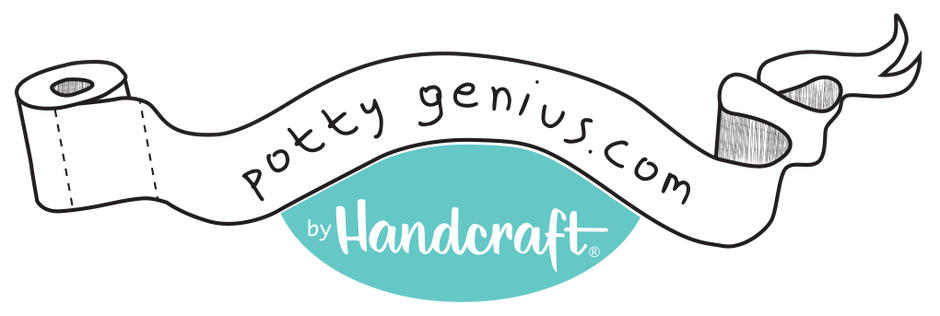When doing research about how to potty train your child, it’s easy to set yourself up for unrealistic expectations. Parents are quick to offer potty training advice, but sometimes it seems as if they’re boasting about how quick potty training it was for them. Sure, some parents might take only three days to potty train their child. But that doesn’t mean you should expect to, and it certainly doesn’t mean that there’s anything wrong with you or your child if it takes longer. If you want to establish a more realistic goal, try setting potty training in one week as your baseline while realizing that it may take much longer. However long it takes, you’ll be prepared for potty training success if you’re armed with the following tips.
Quick Potty Training Tip #1: Figure Out if Your Child is Ready
You may think, “Well, he’s two years old. Of course, he’s ready,” but it doesn’t work that way. According to the
American Academy of Pediatrics, children must be both mentally and physically ready for potty training. The following are just a few signs of readiness in developmentally average toddlers:
- Takes an interest in the potty chair or using “big kid” underwear.
- Can get undressed and dressed with little to no help.
- Imitates parental behavior or that of older siblings.
- Is able to follow simple instructions.
- Is able to tell you when his or her diaper is dirty.
Quick Potty Training Tip #2 Get Your Gear
There are lots of potty seats and potty chairs to choose from, but involving your child in the choice can make it much less intimidating. In an
interview with Huggies Pull-Ups®, potty training expert Dr. Jody McVittie said that it doesn’t really matter what type of chair you get, as long as it interests your child. Obviously, you’ll want some say in the decision, however, and you’ll need to choose between a potty seat that goes right on the toilet, or a potty chair that your child will use on the floor. Start by narrowing the choices down and then giving your child some options. Take your child to the store and let him or her pick out some new “big kid” underwear as well. Some kids really enjoy this. The process also gives them a bit of control in the matter, which helps make it less scary.
Quick Potty Training Tip #3: Call in the Troops
If there’s anyone else who watches your child, they must be on board with the process. That includes daycare teachers, babysitters and other family members. Even older children can help, since toddlers often look up to their brothers and sisters and copy their behaviors.
Quick Potty Training Tip #4: Batten Down the Hatches
You’re not going anywhere for a few days unless you’re armed with a spare change of clothes and a backup plan, so get ready for a little staycation. Make sure you have lots of coffee and patience.
Quick Potty Training Tip #5: Pile on the Praise
Even if it’s not your style to get excited about pee and poop, you’ll need to get really good at acting. A little praise goes a long way when potty training. Take it a step further by incorporating stickers, treats and prizes, and you’ve got yourself a recipe for success. Don’t get carried away with the rewards though. Once your child realizes that he doesn’t get a new toy truck every time he uses the potty, he’ll stop cooperating. So, keep it simple, and only dish out what you can afford.
Quick Potty Training Tip #6: Bite Your Tongue
Accidents will happen, and you will get frustrated. However, you should never scold your child for having an accident.
AskDrSears.com recommends stepping away as soon as you feel anger bubbling up inside, taking a deep breath, reassessing your strategy, and then returning to the scene with a smile on your face.
Quick Potty Training Tip #7: Never Give Up!
According to
WebMD, the average time it takes to fully potty train a child is three months. Even if you’re successful within a week, accidents are likely to happen after that. If you give up, you’re sending a signal to your child that he or she is allowed to give up. So, stick with it, whether potty training takes three days, one week or several months.
Additional Potty Training Resources:
15 Mind Blowing Tricks to Help You Potty Train Your Toddler in One Week Potty Training in 10 Days or Less

